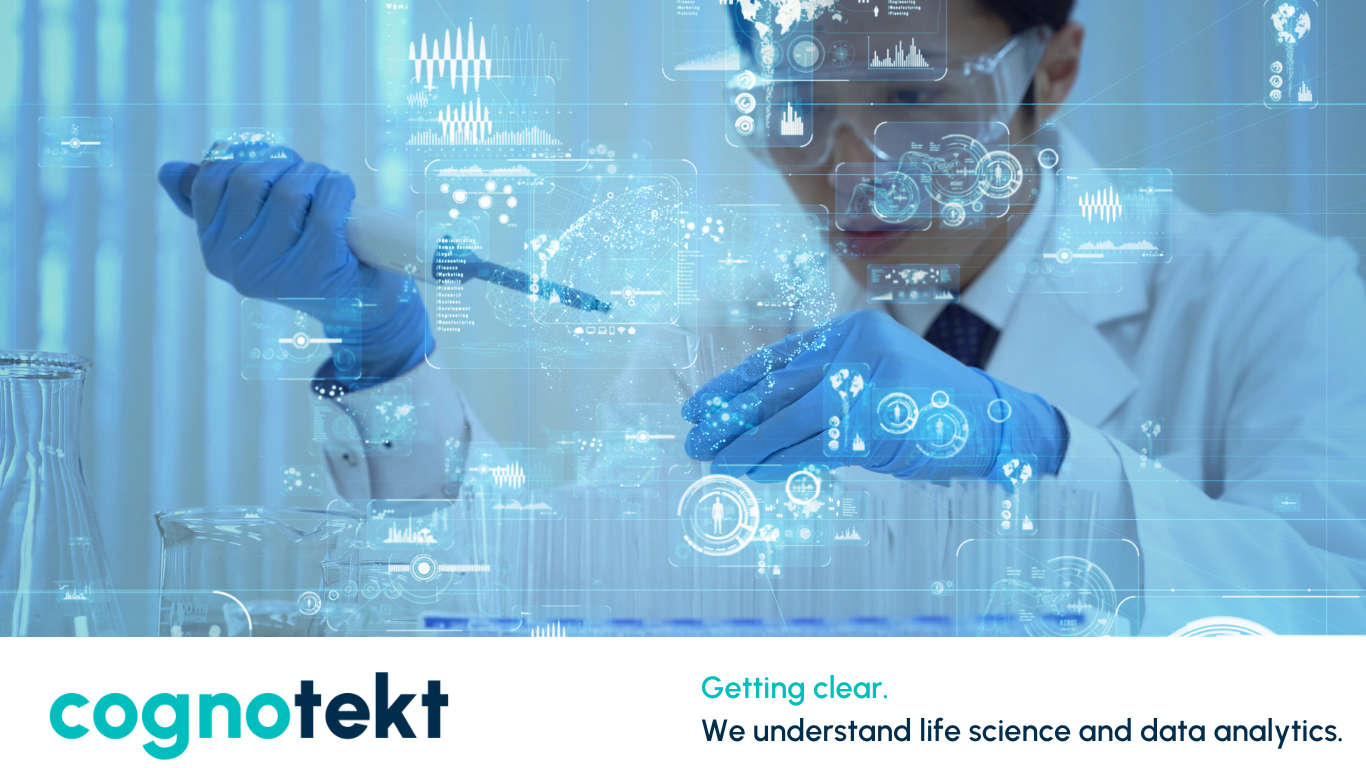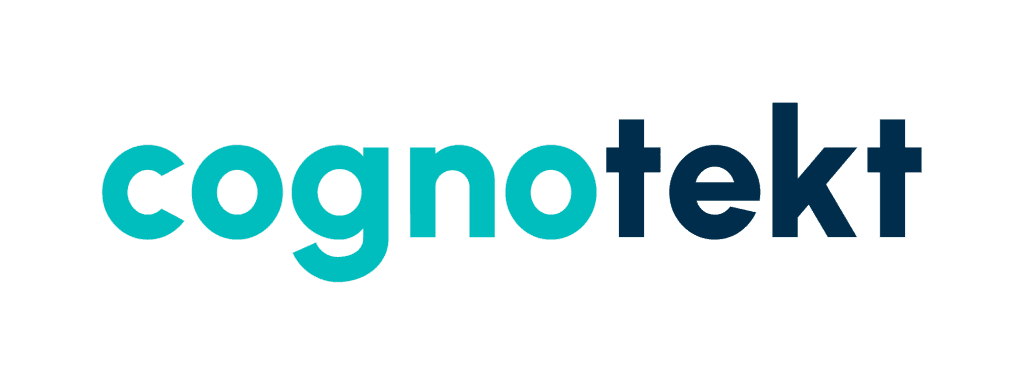
What does AI bring to drug discovery? - Register for our Webinar
In this complimentary session by Cognotekt, professionals in biotech and pharma R&D will see how to improve the application of AI for drug discovery. The topic has been a source of frustration over the past years. Attendees will understand how to get optimal results from AI usage.
We will discuss the use of modern Machine Learning (ML) platforms and algorithms including foundational models for molecule generation, ligand search, antibody design, and the future of protein design. R&D leaders, managers and staff will learn how – and in what cases – ML can be successfully deployed for valid, productive, and high-impact R&D initiatives.
This one-hour session includes 40 minutes for Q&A. Participants facing AI strategy decisions or current process-challenges can ask “current situation” questions and will receive expert analysis and guidance.
Attendance
- Online session via Zoom teleconference
- Available dates:
Tuesday May 16, 11:30 Eastern
Wednesday May 17, 11:30 Eastern
Friday, May 19 8:30 AM Eastern
Register here
- Duration: 1 hour
About the Presenter
Dr. Jobst Landgrebe, MD.PhD is one the world’s foremost experts on the theory and practice of artificial intelligence in the biotech and pharmaceutical sectors. As a physician, biochemist and mathematician, he has worked on the theory and practice of AI since 1998 with an emphasis on pharmaceutical R&D both in academia (Max-Planck-Institute of Psychiatry, Dpt. of Neurogenetics, DFG Centre of Cell Biology, University of Lugano (CH), SUNY Buffalo) and in the private sector including Booz Allen Hamilton and Cognotekt, an AI consultancy Landgrebe founded in 2013 whose clients include Bayer, Novartis, and Roche, among others (https://cognotekt.com/en) . His latest book about the theory of AI written with Barry Smith Why machines will never rule the world was published by Routledge Press in August 2022. He is the author of multiple publications on AI and the theory of science. His company currently consults for the pharmaceutical industry in the areas of AI for drug discovery and development.
Additional Detail
Deep neural networks (dNN) have been applied to the discovery and characterization of new drugs for the past 5 years. However, the results have been disappointing. It has clearly been shown that large stochastic models trained on the available public data sets for ligand-drug-interaction neither outperformed biophysical virtual drug characterization and ligand binding nor classical stochastic models (regression and classification without dNN) for these tasks.
This is especially interesting in the context of claims made by prominent strategy consultancies that AI can reduce the time needed for drug R&D from target identification to marketing approval by a factor of 10. There is no evidence to support this, nor the capacity to achieve it. So, in what cases, and how, should research managers leverage ML to deploy valid, productive, and high-impact R&D initiatives?
AI can indeed be used to shorten the drug development process by obtaining high-quality candidate compounds faster and more cheaply.
But to achieve this, we have to realise that AI models only have predictive power and provide business benefits if they are applicable to repetitive structures in data. In biology and medicine, such repetitive patterns are only found in partial aspect of systems: Entire living complex systems – from cells to organs or whole organisms – cannot be modelled mathematically. To achieve business benefits with real AI models, we have to understand where we can expect and utilise these patterns.
In biology, we find such patterns at high levels of organism behaviour, but also at the level of single target molecules. But the variance across molecules is so big that AI systems cannot capture it, many of the interactions do not create observable regular patterns, much like in the formation of waves at the beach, each of which is always unique at the molecule level. Therefore, AI models have to take this into account to be deployed successfully. “What does AI bring to drug discovery” will discuss these challenges and solutions in detail.
Lorem ipsum dolor sit amet, consectetur adipiscing elit. Ut elit tellus, luctus nec ullamcorper mattis, pulvinar dapibus leo.

Vor welcher Herausforderung
stehen Sie? Schreiben Sie uns.
Dr. Raija Kramer
info@cognotekt.com
+49 221-643065-10
